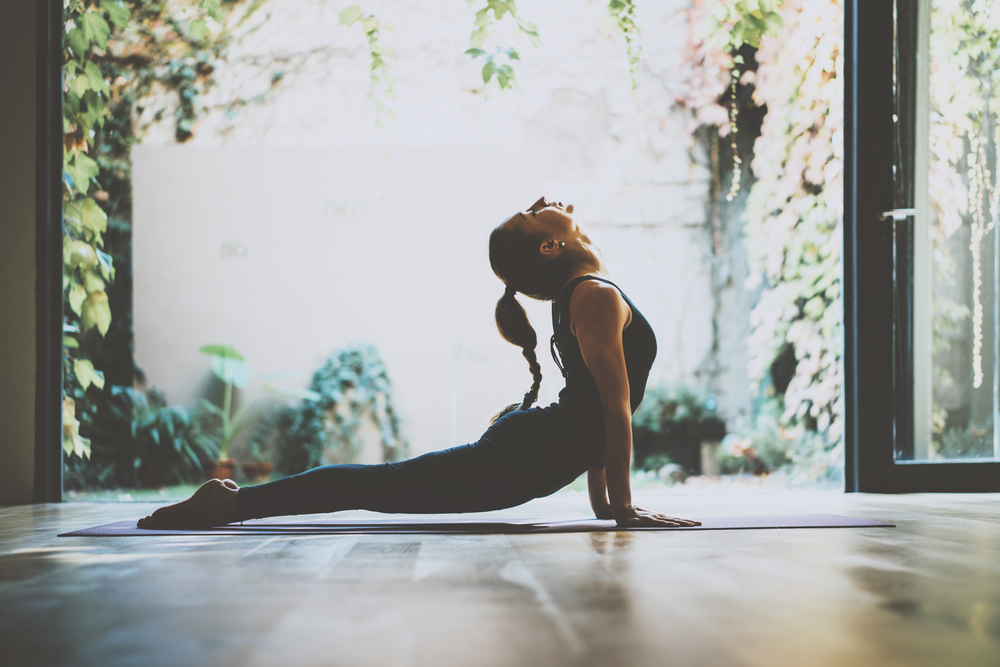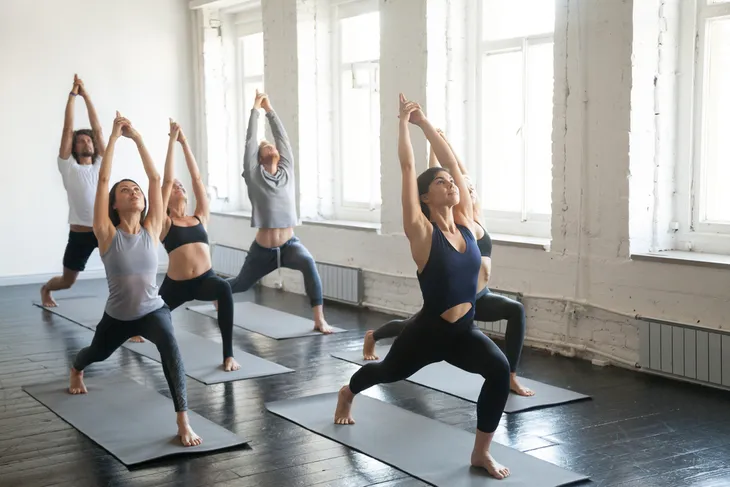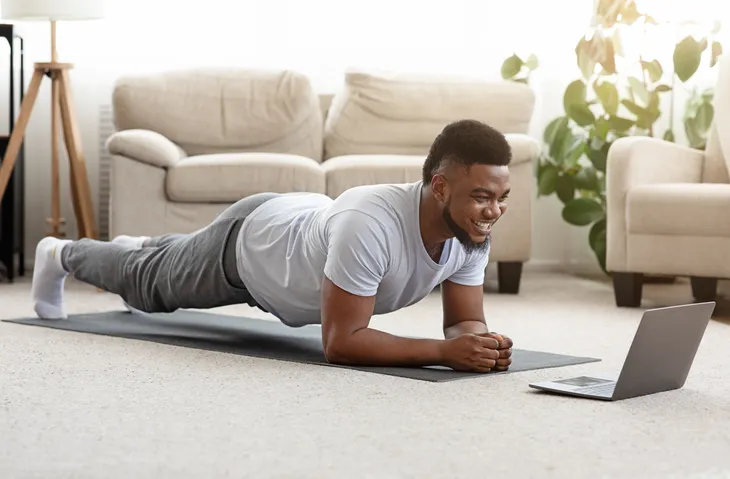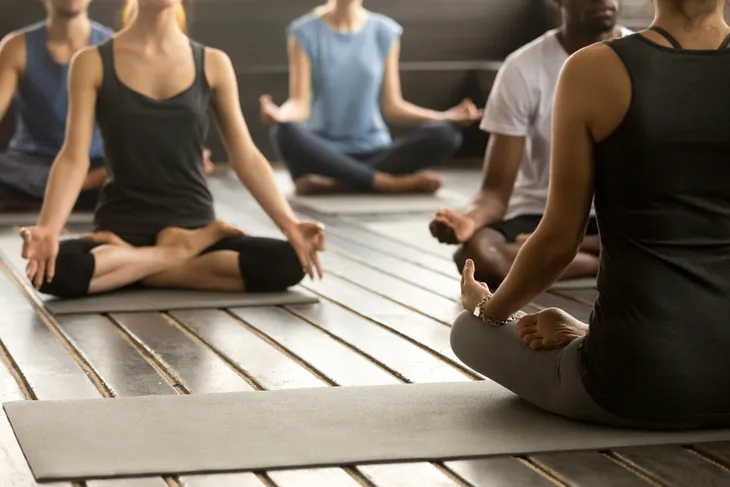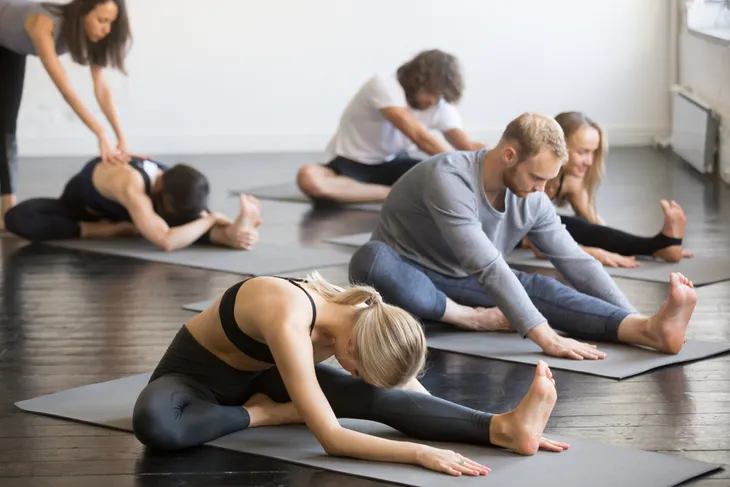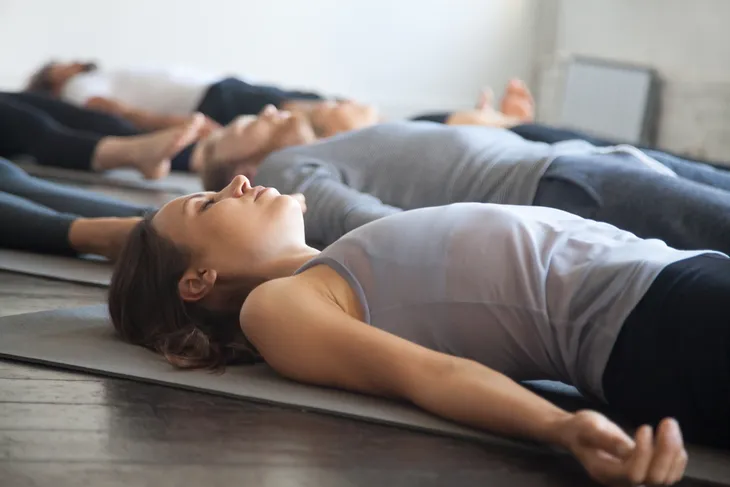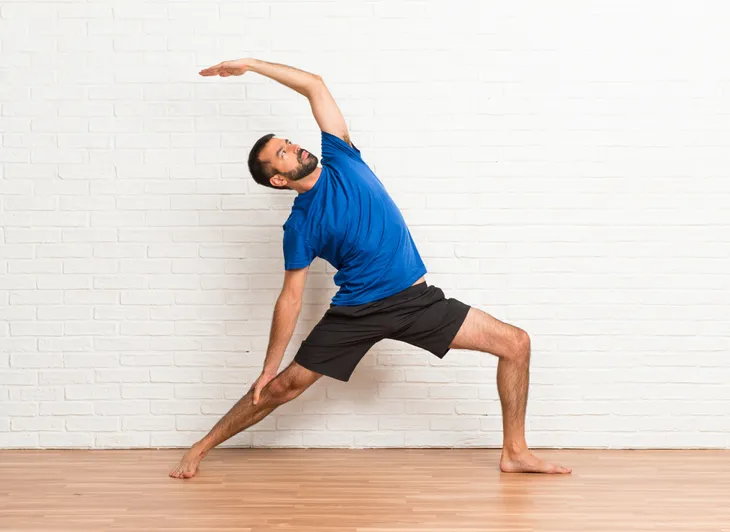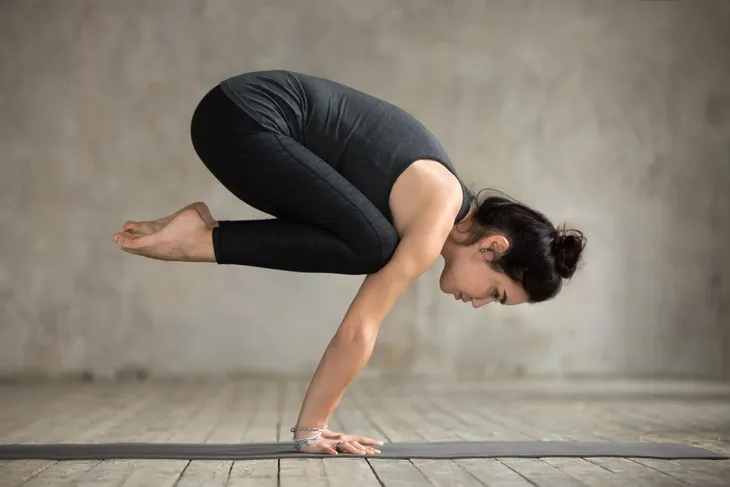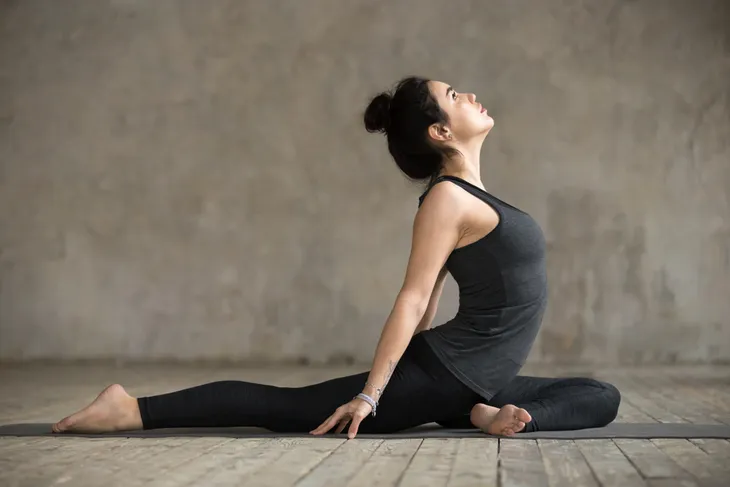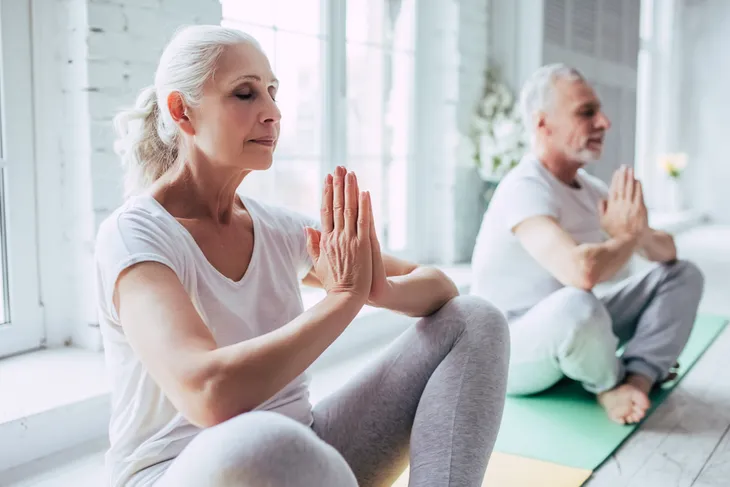I’ve been teaching yoga since 2006, and like every yoga teacher would admit, I still have much to learn. For me, many of the lessons that I consider the most vital, I’ve learned on my yoga mat—either during my own practice or by teaching others.
So even though I still struggle with some yoga poses (I’m thinking of you, camel), I know that each time I come to my mat, I come to practice my own evolution, adaption, open-mindedness, and self-love.
Here are the 9 most important self-care lessons that yoga has taught me so far…
Let Things Go
We can’t always be in control, and in yoga practice we see this manifest more than anywhere else. In each stretch and pose we take, there is a limit to what we can control. Just because the mind wants to take your ankles all the way down to the mat in downward facing dog doesn’t mean you’re body can physically comply. In yoga, we learn to let things go, and that there’s no use in forcing ourselves beyond our ability.
Our Own Strength Can Surprise Us
Oftentimes you don’t give yourself credit for your own strength. I know that I don’t. However, many times we don’t give ourselves enough credit and I’ve surprised myself many times in class by getting my nose all the way down to my knees in a forward fold—or even more extreme, up into an effortless looking handstand. However, with the right amount of strength, confidence, practice, open-mindedness, and determination we can achieve almost anything we put our mind to.
Relaxing is Hard Work
Many of us would mistake the ability to relax as weakness or laziness. However, those of you trying your hardest to shut out thoughts from your daily life in Savasana (corpse pose) know how difficult relaxing can be. As with any skill, learning to relax so that it’s beneficial for the body and mind takes time and practice.
The Importance of Listening to Our Bodies
We’ve all made the mistake of pushing a little too hard. And when it comes to stretching, we often feel the mistake for weeks after. Forcing your body into a pose it’s not ready for can result in muscle strains, tears, or injuries that set us back even further. That’s why in yoga we learn to listen to and respect our bodies and their limitations.
Treat Ourselves with Kindness
One of the most important things that yoga ever taught me was how vital it is to practice self-kindness. And by that I mean to leave my negative, self-critical talk out of the yoga studio and to only bring open-mindedness and self-care onto our mats, which quickly translates into positive encouragement and knowing when enough is enough.
There is No Perfect Standard in Yoga
In yoga striving for perfectionism is a lost cause. Really, what are you going to do when you achieve the perfect eagle pose? After all, if you’ve taken yoga with more than one instructor you’re well aware that every teacher’s idea of alignment differs. That’s why there is no absolute standard of perfect in yoga. It’s what’s perfect for your body, on your mat, on this hour of this day—and that may change often.
We Reap the Rewards of Practice
Although force and perfectionism are not sought after in traditional yoga practice, we are all encouraged to practice, to strengthen our bodies, and to open our minds to the poses in hopes of exceeding our own limitations a little every practice. Flexibility comes with exercising both our minds and our bodies.
Negative Criticism is Futile
Looking at our lives as a series of failures never creates positive change. And we learn this lesson in yoga more than any place else. Just because you struggle with a flow, doesn’t mean you had a “bad” practice. In fact, I take each yoga pose as a lesson. If I feel resistance in mind or body, I reflect on it and take it as a sign that my body is trying to teach me something.
We All Have Limits—and That’s OK
Sure, it’s good to challenge yourself. However, it’s also good to realize that as human beings we all have limits as well. Knowing your own limitations without entering into guilt, criticism, and negative talk is a lesson in itself. Only then can we self-motivate ourselves in a positive way to improve, and that might mean taking it easy or meditating vs. vigorous practice when we need to.
